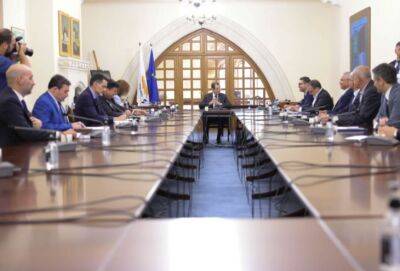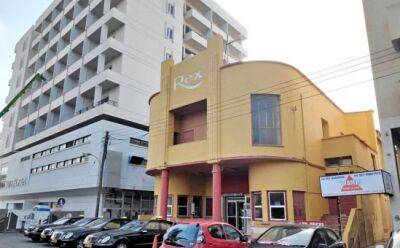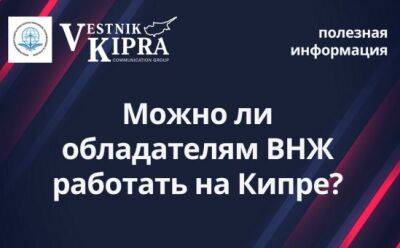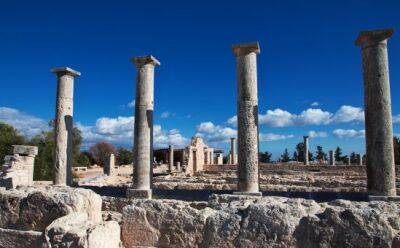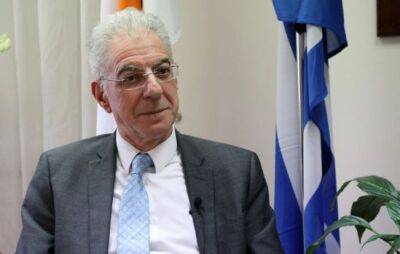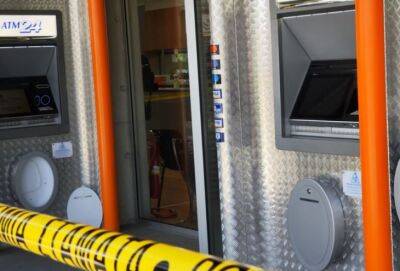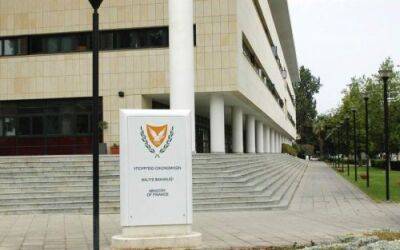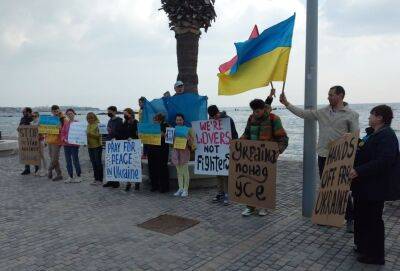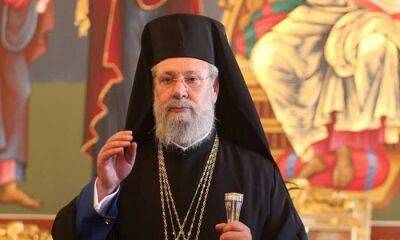Is Cyprus digging its own grave?
On May 1, 2004, the Republic of Cyprus became a member of the European Union. Many beautiful and correct words were said at the EU accession ceremony. In particular, it was stated that joining the EU is the natural choice of Cyprus, dictated by its culture, civilization, history, European worldview and commitment to the ideas of democracy, freedom and justice.
Many beautiful and correct words were also said about common economic interests and common security. The need for unity, solidarity and the protection of common European values was especially emphasized.
But, as it turned out, in emergency situations, when the unity and solidarity of all EU countries are needed in practice — to make vital decisions to protect common interests and values, many beautiful and correct words uttered at the ceremony of Cyprus’ accession to the EU turned out to be just words .
On Monday evening, the leaders of the EU countries with great difficulty agreed on the sixth package of sanctions against Russia. The sanctions package provides for an embargo on the import of two-thirds of Russian oil, the disconnection of the largest Russian bank Sberbank from the SWIFT system, the termination of work in the EU of three Russian state-owned media — RTR Planeta, Rossiya 24, TV Center and new restrictions, concerning “people responsible for war crimes in Ukraine”.
Traditionally in recent years, Hungary has acted as the devil’s advocate and blocked a proposal for a complete embargo of Russian oil.
Budapest insisted that the ban on Russian oil only apply to those supplies that are made by sea, and do not apply to the operation of the Druzhba oil pipeline, from which Hungary itself receives oil.
According to Hungarian Prime Minister Viktor Orban, he
Читать на cyprus-daily.news


